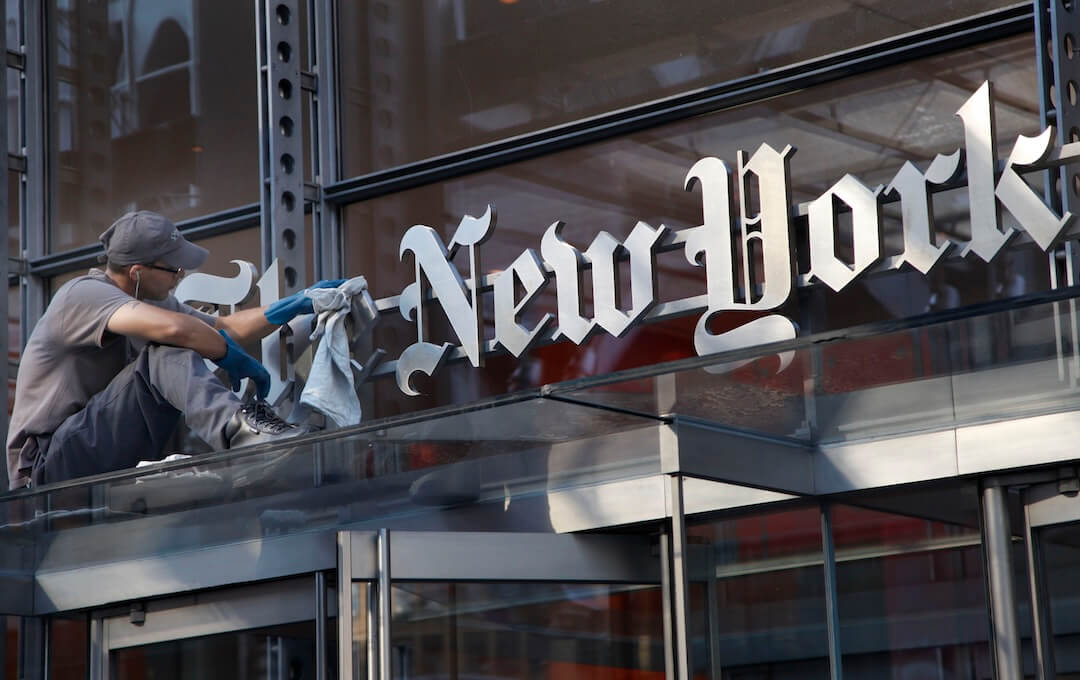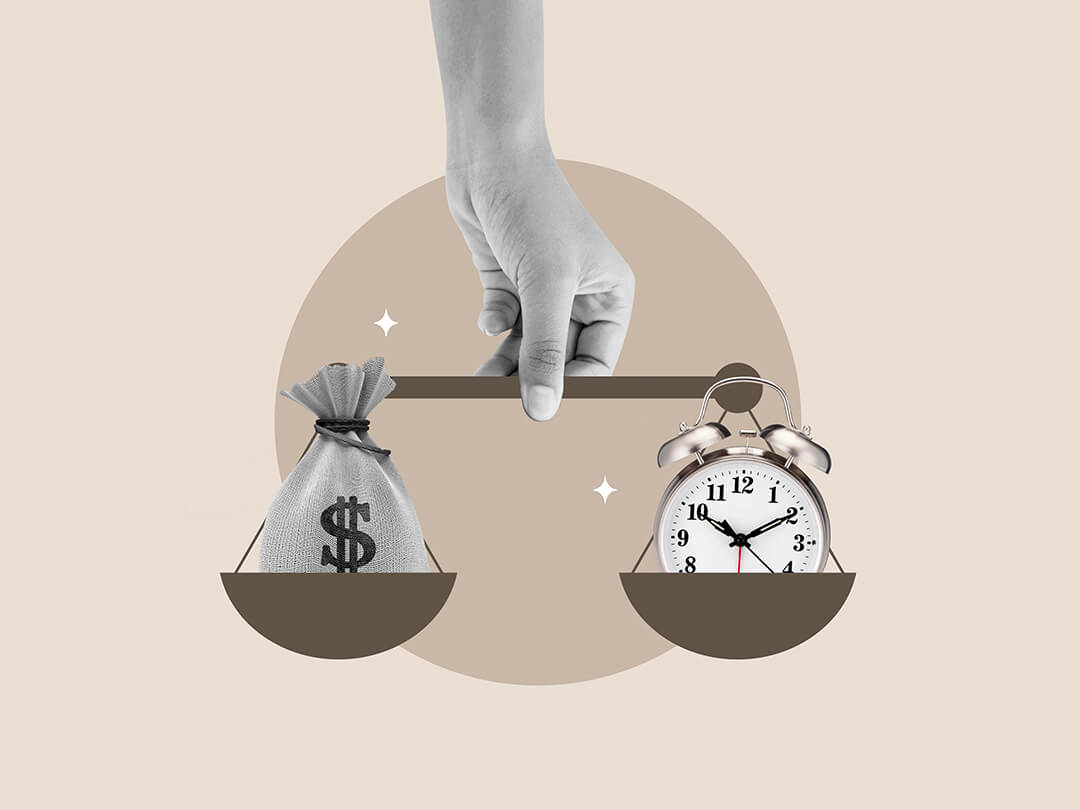Snopes is no longer debunking misinformation in partnership with Facebook.
In a statement published Friday, the fact-checking site said that it has withdrawn from its partnership with the technology company, which enabled them to decrease the reach of false stories, images and videos in the News Feed. (Disclosure: Being a signatory of the International Fact-Checking Network’s code of principles is a necessary condition for joining the project.)
“After contributing to that effort for two years, we want to inform our readership that Snopes.com has elected not to renew our partnership with Facebook,” reads the statement, which was signed by CEO David Mikkelson and Vinny Green, vice president of operations. “At this time we are evaluating the ramifications and costs of providing third-party fact-checking services, and we want to determine with certainty that our efforts to aid any particular platform are a net positive for our online community, publication, and staff.”
Why? Green said it has to do with bandwidth.
Since fact-checkers have to manually enter each false post they flag into a dashboard on the platform, it takes a lot of time for an operation that only employs 16 people and has no physical headquarters.
“With a manual system and a closed system — it’s impossible to keep on top of that stuff,” Green told Poynter in a phone interview. “Do you need fact-checkers to stop and do all this manual work? Or should fake websites just be reported through other means and supply a body of evidence that these people shouldn’t be on your platform because of their nefarious activity?”
Snopes had been contributing to Facebook’s fact-checking partnership since December 2016, when the company announced that it was teaming up with independent fact-checking organizations to limit the reach of fake news following the 2016 U.S. election. Since then, the program has become a staple of Facebook’s anti-misinformation efforts — to the point of being cited by CEO Mark Zuckerberg and COO Sheryl Sandberg in Congressional testimony.
In 2017, Snopes received $100,000 from Facebook for participating in the partnership. According to Green, Snopes hadn’t been downranking hoaxes on Facebook since the end of December, when its contract with the company lapsed. Since then, the fact-checking project has been renegotiating the contract to try and make it easier for fact-checkers to flag falsities on the platform.
That ended on Friday.
“It doesn’t seem like we’re striving to make third-party fact checking more practical for publishers — it seems like we’re striving to make it easier for Facebook. At some point, we need to put our foot down and say, ‘No. You need to build an API,’” Green said. “The work that fact-checkers are doing doesn’t need to be just for Facebook — we can build things for fact-checkers that benefit the whole web, and that can also help Facebook.”
Want to get away with posting fake news on Facebook? Just change your website domain.
According to several current and former staffers, the Facebook fact-checking program has been a source of contention for months.
“It seems more like we’ve turned away from pursuing original reporting to picking up reader suggestions or tips from Facebook through the partnership,” said one current Snopes staffer in October, to whom Poynter granted anonymity to protect their job. “And I’m not sure if that’s best for us long term.”
Disagreements over the arrangement were contributing factors in the departure of both Brooke Binkowski, Snopes’ former managing editor, and Kim LaCapria, a former fact-checker — both of whom now write for TruthorFiction.com. Both spoke to The Guardian about the program, saying that it didn’t seem like the company cared about its fact-checking partners.
Doreen Marchionni, Snopes’ recently hired managing editor, said current fact-checkers have aired their concerns about the Facebook partnership in two recent all-hands conference calls. They also expressed their discontent through a newsroom survey.
“I can tell you that the staff has raised quite a few questions in conference calls, in our internal Slack channels,” she said earlier this month. “There’s so much information coming from the staff about the partnership that we set up a newsroom survey where we could collect all these formally in once place.”
In an email to Poynter, a Facebook spokesperson said that, despite Snopes’ withdrawal from the partnership, the company is still committed to improving it and working with fact-checkers around the world.
“We value the work that Snopes has done, and respect their decision as an independent business,” the spokesperson said. “The work that third-party fact-checkers do is a valued and important piece of this effort. We have strong relationships with 34 fact-checking partners around the world who fact-check content in 16 languages, and we plan to expand the program this year by adding new partners and languages.”
Green said Snopes’ decision is in no way an indictment of the project as a whole. In December, Poynter found that most of Facebook’s fact-checking partners were happy with the arrangement, although most agreed that some changes — including heightened transparency about their impact — need to be made.
But for Snopes, which is still embroiled in a legal battle over its future ownership, working with Facebook has a been a distraction rather than an asset.
Snopes has its site back. But the legal battle over its ownership will drag on for months.
“It’s hard for me to concern myself with making Facebook successful when it’s so hard just for Snopes to be successful,” Green said. “Our community isn’t just on Facebook. We prioritize our readers first.”
As for the possibility for rejoining the partnership in the future, Green said he wasn’t sure. In the announcement, both he and Mikkelson wrote that they would “keep an open dialogue going with Facebook to discuss approaches to combating misinformation.”
But it depends on both the future of Snopes and the future of how Facebook structures its partnership with fact-checkers.
“This is a hard decision and we’re not comfortable making it now, so we need to be honest with the state of the partnership,” he said. “This is about us — not about Facebook. This is about us getting better and our team getting on the same page about what it means to be third-party fact-checkers.”
“Until we can figure that out, the contract is expired.”
UPDATE: This story has been updated with a statement from Facebook.
[the_ad_placement id=”_rail_pos_1″]
[the_ad_placement id=”_rail_pos_2″]








